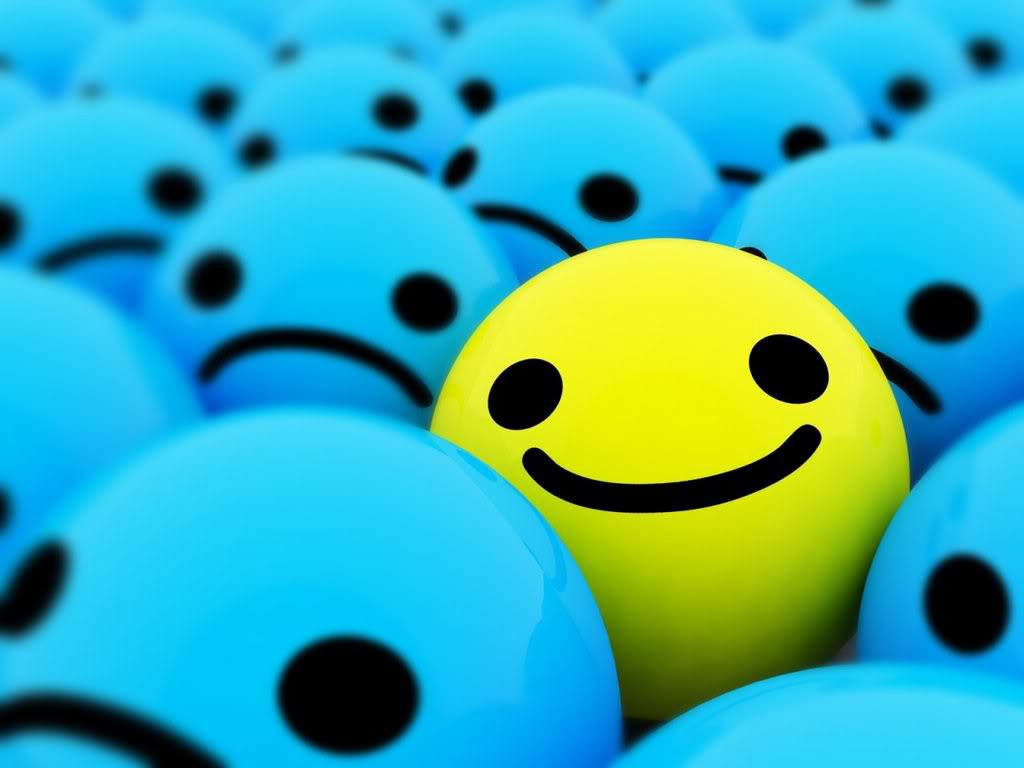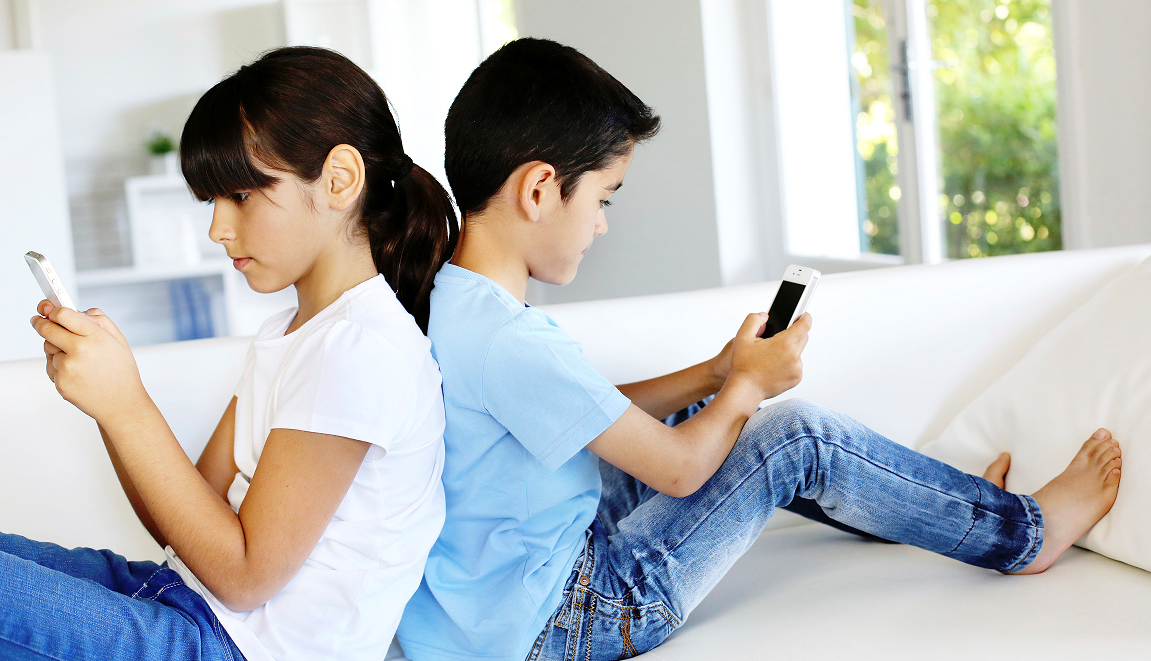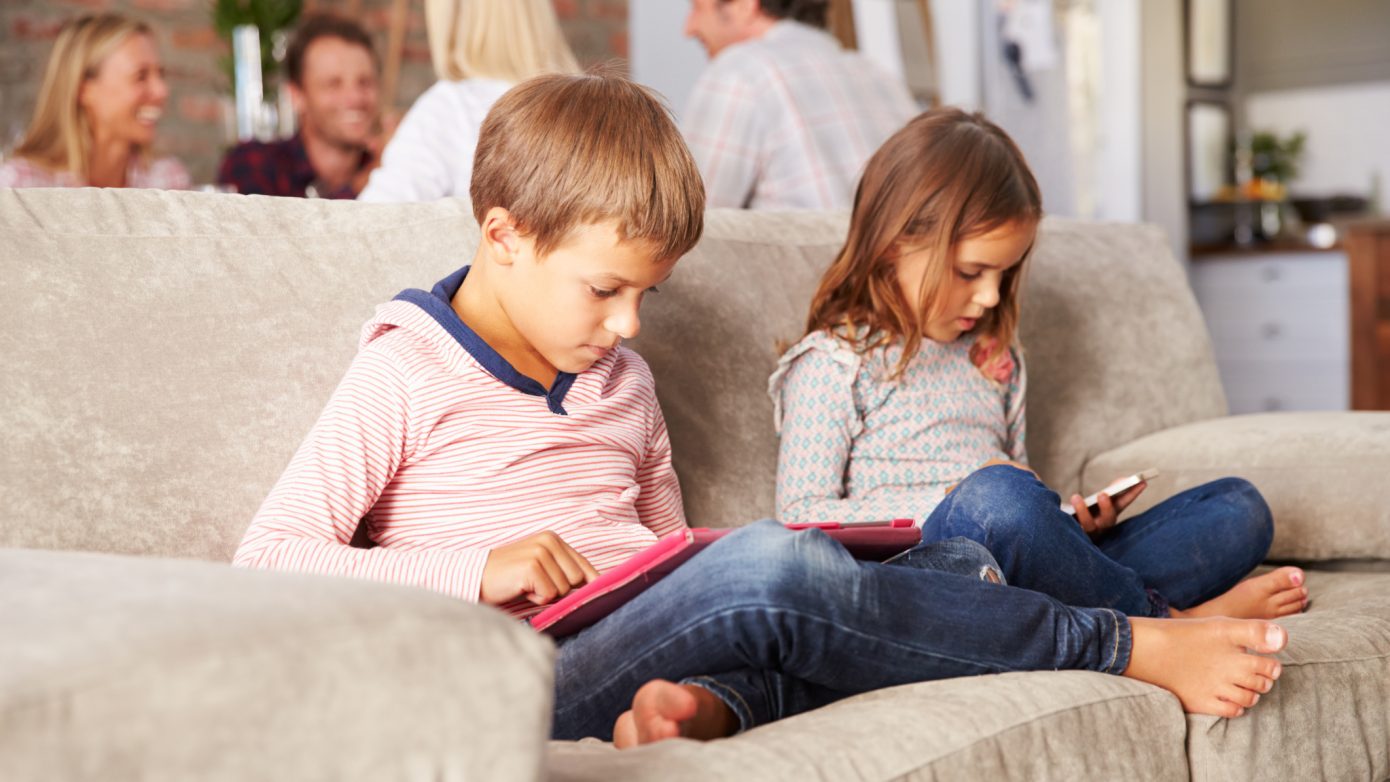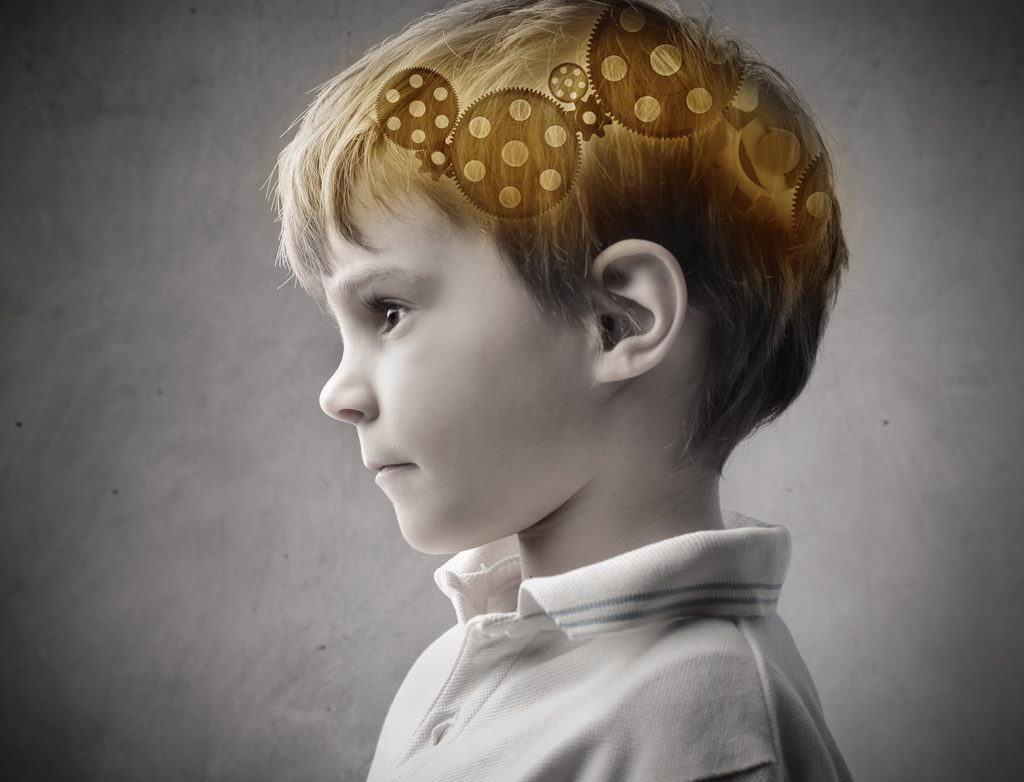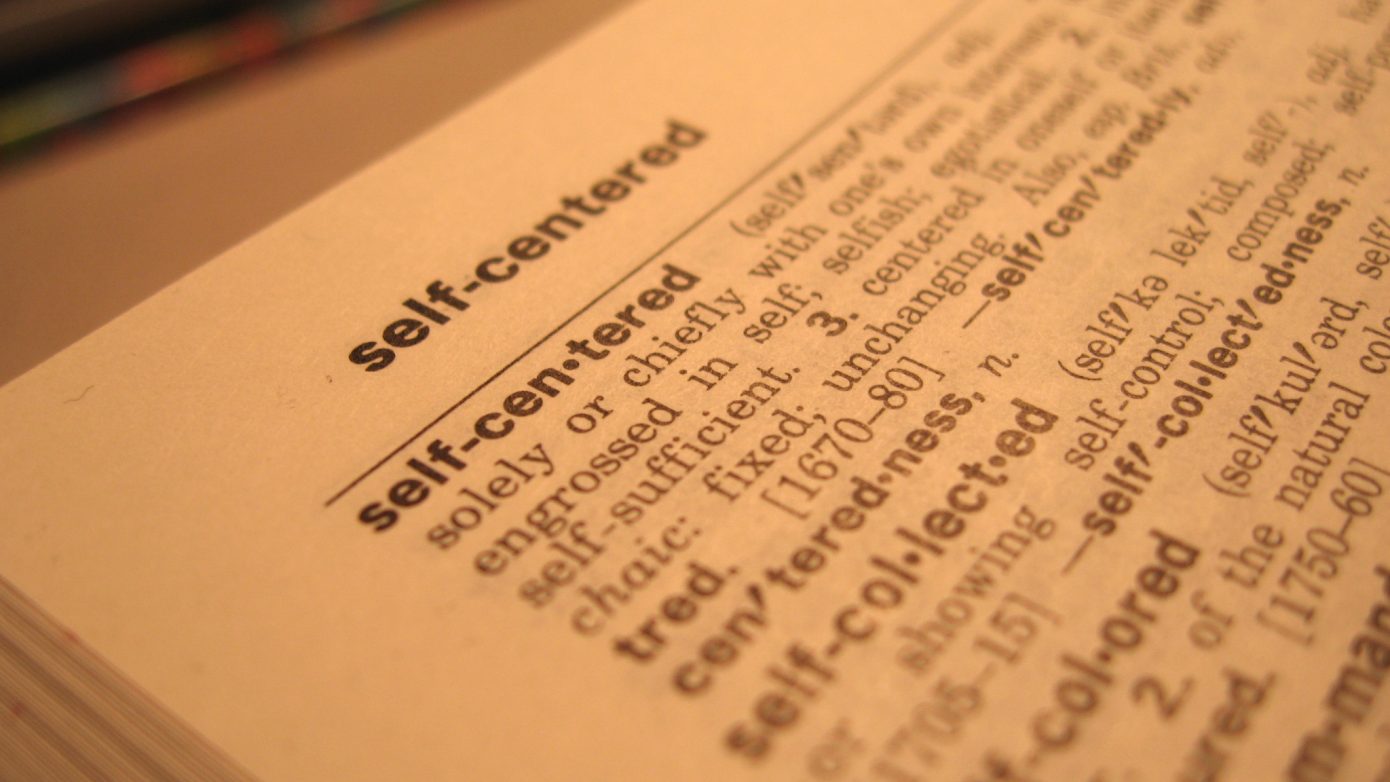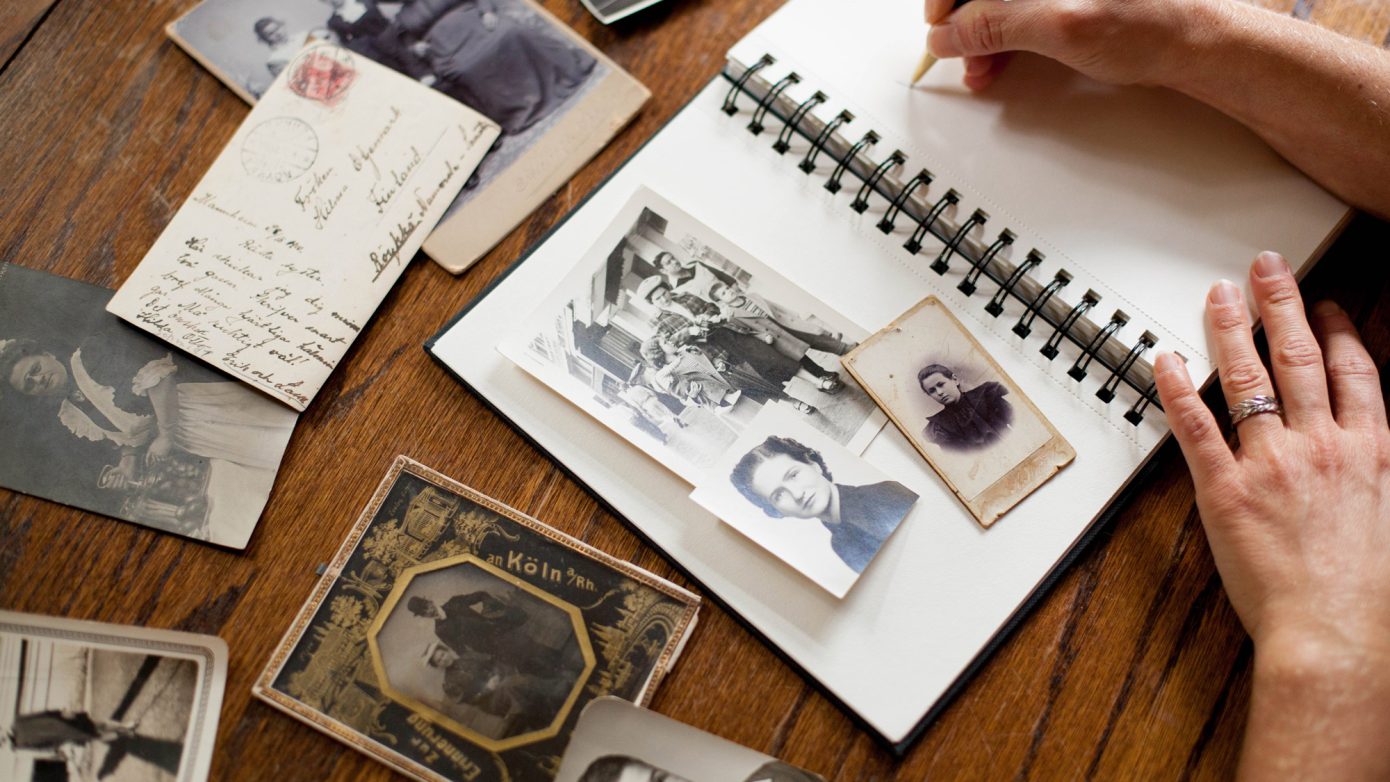Fifteen years ago, I saw my son emerge into the world and it was the first time I can really remember getting choked up at the emotion of an experience. Here was this tiny living person that I had helped create, someone that was part of me and part of someone I loved. A tiny person that could not even feed themselves, had yet to learn to walk or speak. Activities that his mother and I had the responsibility to teach. Elements to living that we would not even realize we were teaching, things like compassion for others, learning to pet an animal gently, or showing respect.
Among the more interesting things have been hiking, biking, learning to swim, and learning to climb. Being able to live my own childhood again through my children’s eyes. Sitting on a deck while drinking coffee as they chase a duck down by the pond and remembering my own years of sneaking up on a turtle or trying to pet a rabbit. It’s easy to get wrapped up in your child’s childhood, to want them to experience everything you experience. I’ve taken my children on trips all over the United States and tried to show them things that I experienced.
A few months ago, I asked my son some of his favorite things we had done. He rattled off places like Cape Cod, Maine, Montana, giving specifics of going to beaches and going on whale watches and it got me thinking. I have strived to always take him to places that I loved while growing up, like Ohio, Lake Erie, and Mammoth Cave in Kentucky. Don’t get me wrong, he enjoyed Mammoth cave and liked some of the things I did as a child, but they were not his favorite. For a moment I got a little upset, I didn’t let him know it, but I was very annoyed that he didn’t enjoy the things I did as a child.
One of the most rewarding experiences about being a parent, especially beyond the elementary years is not having your children relive your own experiences, but watching them live through their own.
How could he not absolutely love the Air and Space Museum in Dayton? As strange as it sounds, it was the first time that I really stood back and realized that it was because he was living his own childhood, not mine. My son was his own person and was experiencing a childhood through very different eyes than mine.
Some of my greatest experiences have not been things that my parents taught me, but have been discoveries I’ve made on my own. Like traveling the country, the world, and my own inner journey to understand myself better. Sure, my parents laid the foundation and that was critical, but I am the one who stepped off our shores and found out just what the rest of the world sees in America and what part I can play in this whole thing called the human experience.
This led me to another line of thought, what part was I to play in this? My oldest son may be fifteen years old now and I tend to be a little slow to come to realizations on things, but I do think I still have a big part to play. My job in being his father is to expose him to as many things as I can. Not things that I have personally experienced, but things that are new for both of us. Teach him to explore his own world and experience his own discoveries. This is a problem I have seen with my own father and many other parents – trying to force your children to love the things you loved instead of embracing the uniqueness of their own lives and experiences.
One of the most rewarding experiences about being a parent, especially beyond the elementary years is not having your children relive your own experiences, but watching them live through their own. So I will endeavor to help my children face their own future, make their own discoveries and I will strive to realize that their experiences are their own, not mine and there is nothing wrong with that.

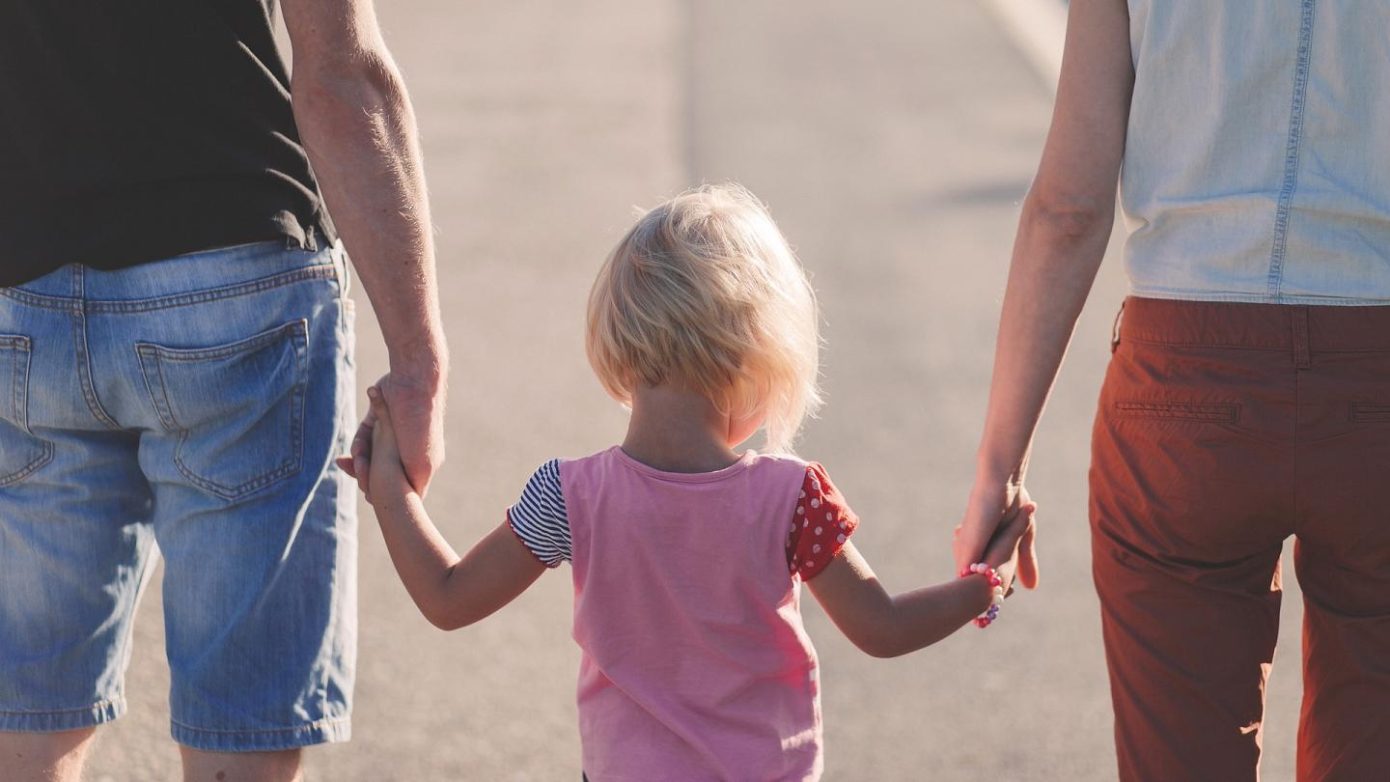

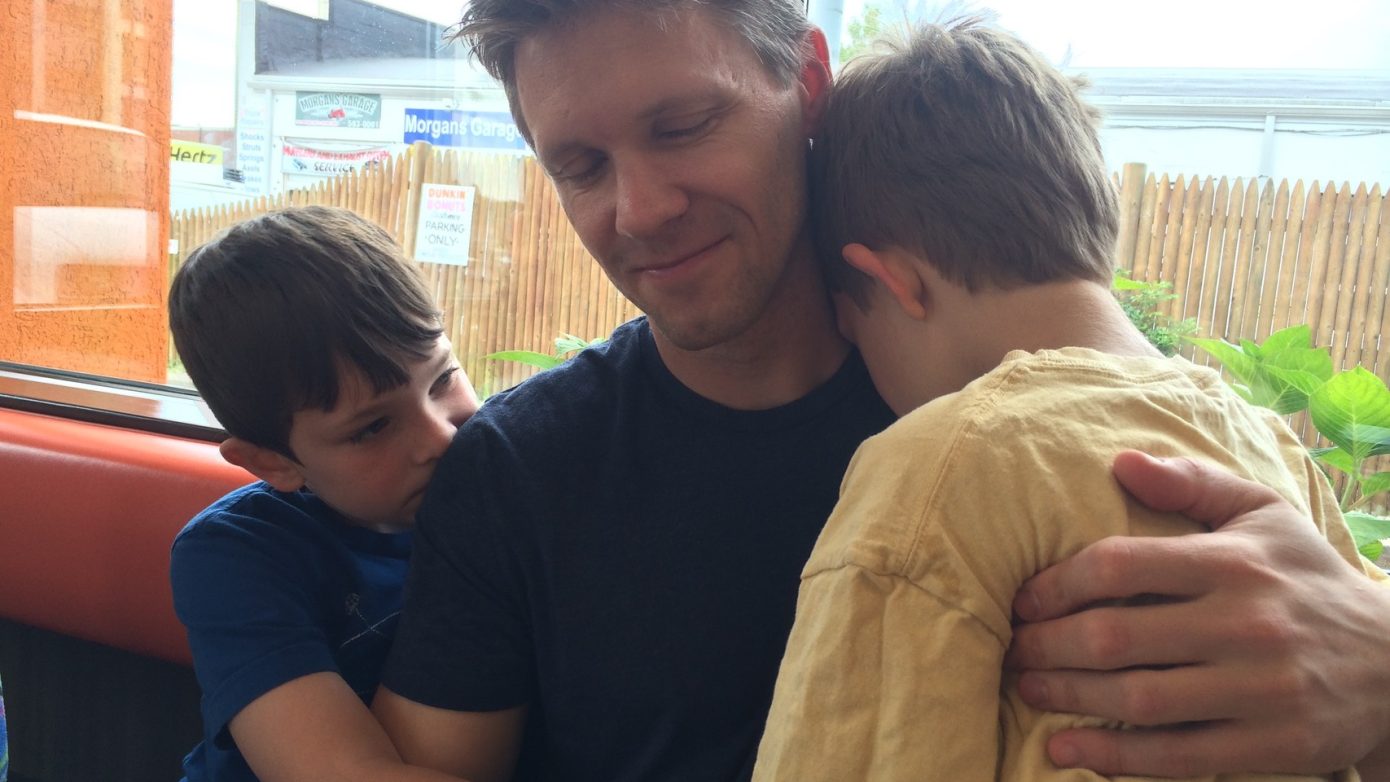
 For those of you who do not know, I have two children of my own, and I can say without thinking about it, I would kill to protect them. When I am gone from this world, all that will remain of me will be the words I leave behind and my children. Although I hope my writing endures, my children are paramount in all that I do, see, breathe and speak.
For those of you who do not know, I have two children of my own, and I can say without thinking about it, I would kill to protect them. When I am gone from this world, all that will remain of me will be the words I leave behind and my children. Although I hope my writing endures, my children are paramount in all that I do, see, breathe and speak. We live in an age of over-stimulation, an age of instant information, social media and media overload. These access points are constantly trying to change our perspective on the world around us. Worse, they are trying to change the perspective of our children, parents be damned.
We live in an age of over-stimulation, an age of instant information, social media and media overload. These access points are constantly trying to change our perspective on the world around us. Worse, they are trying to change the perspective of our children, parents be damned.